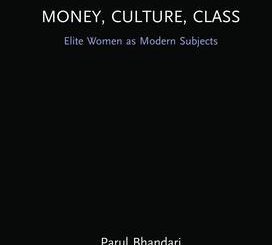Pakistan: Nationalism without a Nation ?
- Year :2003
- Pages :351
- Price :650Rs
- ISBN :1-84277-116-7
- Editor :Manohar-CSH
Pakistan has become a key actor in the realm of international relations post 11 September 2001. Like after the Soviet invasion of Afghanistan, its geopolitical situation has made it the main base for military operations and the fight against Bin Laden’s jihadist network. But the strategic position, this time round, was also due to its special links with the Taliban.
Pakistan is involved in regional tensions and is itself undermined by a great deal of ethnic tensions. This book provides an up to date account of the country’s extraordinarily complicated political tapestry which throws up many questions -the definition of identity, the intersection of religious and ethnic factors, a deeply flawed institutionalization of democracy, control of the state, and the potentially explosive cross impacts of regional and domestic politics.
While they built Pakistan on the basis of ‘islamic ideology’, the Mohajirs are now developing separatist tendencies. The Pashtun, the Sindhi and the Baluch nationalists are not as vocal but they still endorse centrifugal forces due to their resentment of what they call the ‘Punjabi hegemony’. Islam too has failed as a cementing force because of the increasingly violent Shia-Sunni conflict.
National integration remains a remote prospect, but Pakistani nationalism exists, largely because it expresses itself against others -India, first of all. Kashmir has been for years the main bone of contention between India and Pakistan and it has helped this country to mobilize unitedly. Pakistan’s foreign policy, be it shaped by civilians or military rulers, is largely over-determined by this strategy.







